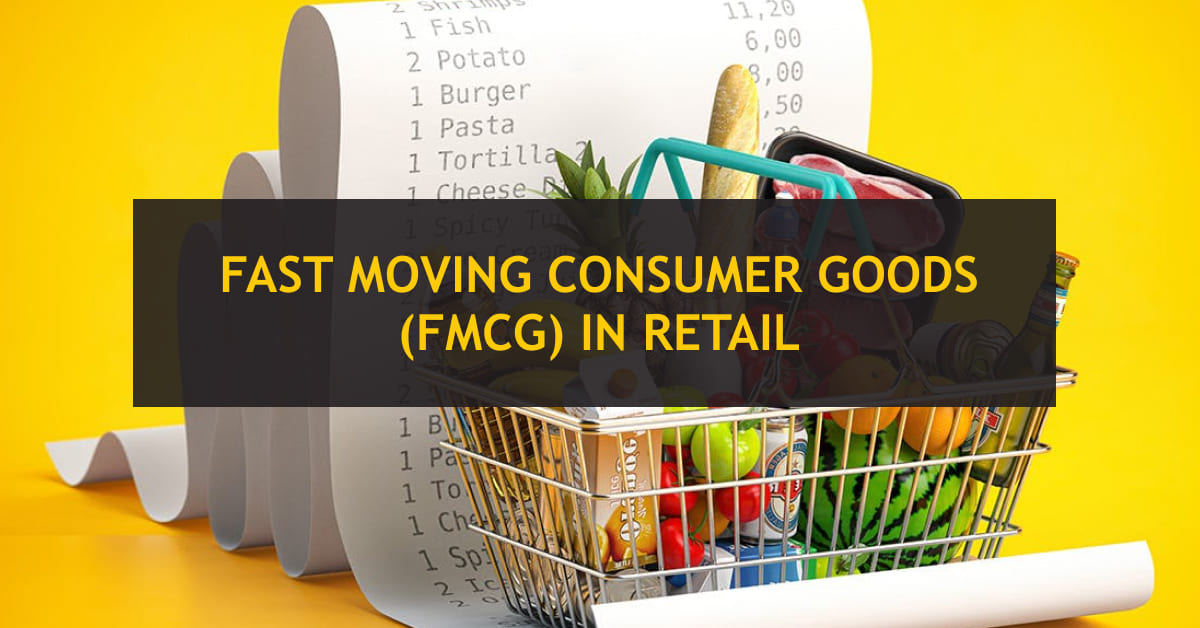Aggressive FMCG Discounting is triggering serious consumer concerns, with deep price cuts causing doubt about product quality. Today’s in‑depth report from Mint sheds light on how heavy discounting may be damaging long-established fast-moving consumer goods (FMCG) brands and what companies can do about it.
Understanding Method and Impact of Aggressive FMCG Discounting
What defines this trend? Aggressive FMCG Discounting refers to routinely slashing prices often by 30–50%—across categories. Promotions include bundled offers, flash sales, and steep markdowns on basics like tea, soap, and biscuits. Although such tactics boost short-term volumes, the long-term impact on brand equity is becoming increasingly concerning.
Mint highlights:
“FMCG companies have been hiking prices regularly and have developed the practice of offering discounts … consumers believe sub‑par products (with lower value) are being pushed.”
This reflects a paradox—while margins fluctuate, consumer perception suffers.
Why Aggressive FMCG Discounting Backfires
- Erosion of Consumer Trust
Discounts may suggest compromises in quality. The subtle message consumers receive is that the product isn’t worth its full price—raising doubts and sowing long-term distrust. - Dilution of Brand Image
Brands that rely on constant price reductions may be perceived as desperate or low-value players, diminishing brand prestige. - Retail Hygiene Challenges
Discount-driven demand spikes can overwhelm supply chains, leading to stockouts, poor shelf presentation, and overall diminished brand experience.
Quick Commerce Platforms Fuel the Trend
A significant driver of Aggressive FMCG Discounting is the rise of quick commerce platforms (such as Blinkit, Zepto). These players aggressively undercut prices, backed by VC investments, aiming to capture urban shoppers with convenience and bargains. Mint notes:
“Quick commerce platforms are offering predatory pricing … FMCG brands feel pressured to match demo-level discounts.”
However, deep discounts aren’t sustainable for traditional retailers or mass-market brands.
Consumer Behavior Shift Amid Discounting
- Value over bargains: Consumers increasingly prefer sustained affordability over unpredictable deals. Mint reports that shoppers now prioritize price stability and transparent quality.
- Decline in impulse purchases: Shoppers are becoming more cautious, postponing purchases to wait for discounts—undermining full‑price revenues.
Strategic Implications & Brand Actions
Brands need to respond wisely to Aggressive FMCG Discounting to preserve consumer trust:
- Practice Pricing Discipline
Maintain pricing integrity—use discounts intentionally for limited-time promos rather than constant markdowns. - Communicate Value Clearly
Reinforce messaging around quality, sourcing, and brand excellence. If a discount isn’t justified by genuine savings or cause (like festive sales), it can appear inauthentic. - Prioritize Product Experience
Ensure supply chain stability and retail execution—proper inventory, clean shelves, and consistent branding enhance perception even during sales events. - Leverage Targeted Promotions
Focus discounts on loyalty program members or bundles that don’t undercut the brand’s confidence across all buyers.
Economic Indicators & Market Reactions
- Urban sales weakening: Mint highlights that urban category growth in FMCG softened in Q4 FY25 as discount fatigue set in.
- Retailers and distributors push back: Traditional retailers are complaining about unsustainable pricing models and have flagged the issue to authorities like the CCI (Competition Commission of India) due to deep discounting.
Balancing Growth and Reputation in Aggressive FMCG Discounting
To navigate this risky terrain, brands should:
- Design transparent, time‑bound discount campaigns
- Use loyalty and subscription models for selective offers
- Connect discounts to cause‑driven themes or seasonal spikes
- Emphasize product benefits across channels—packaging, social media, and store displays
By doing so, brands can harness short-term gains while retaining aspirational positioning.

Long-Term Benefits of Smart Discounting
Smart discounting strategies can enable:
- Strengthened consumer trust
- Better margins via targeted promotions
- Enhanced competitiveness against quick commerce players
Industry Outlook & Recommendations
Aggressive FMCG Discounting without regard for brand value undermines consumer loyalty and erodes pricing power— warns Mint.
Recommended brand actions include:
- Limiting discount frequency and depth
- Enhancing communication around product value
- Monitoring quick commerce trends while safeguarding long-term equity
Takeaway Summary
- Discounts can drive transactions, but risk diluting trust
- A disciplined, value-first approach is essential
- Execution must reinforce quality, not confuse it
World Food Safety Day 2025: हर साल 600 मिलियन बीमार, 4.2 लाख मौतें, सुरक्षित भोजन पर वैश्विक चेतावनी


